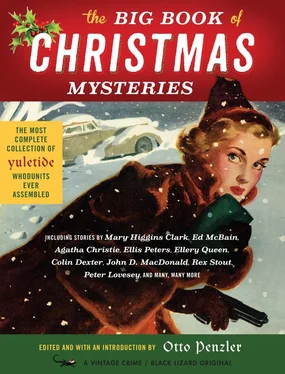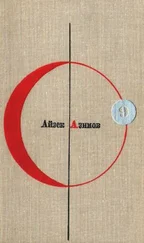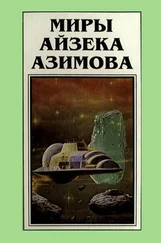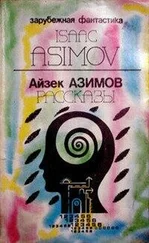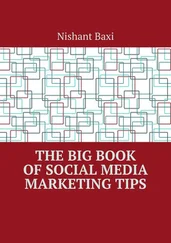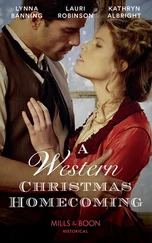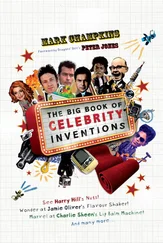The Big Book of Christmas Mysteries
For Bradford Morrow
An original and wonderful writer,
a wise and valued friend
Introduction
by Otto Penzler
It is no great profundity to exclaim that Christmas is the happiest time of the year for all but the most churlish, those who claim they can’t wait for the season to be over because they hate the forced (to them) cheerfulness, the religious aspects of the celebration of the birth of Jesus Christ (though, of course, there is no biblical or other evidence to suggest that Jesus was born on December 25), or the crass commercialism of the whole thing.
These curmudgeons will like this book.
While most of us are busy shopping for gifts for those we love, or decorating a home and putting up a Christmas tree and hanging mistletoe, and generally enjoying the extra warmth of hellos from friends and shopkeepers, these unsympathetic souls will find solace in the fact that crime, violence, and even murder continue to flourish at what should be a time of peace, joy, and love.
Mystery fiction set during the Christmas season has been with us for a long time, and it is astonishing how many authors have turned their pens and wicked thoughts to this time of year. Perhaps this is because violence seems so out of character, so inappropriate, for this time of year that it takes on extra weight. Think of how often terrible events have been recounted with the sad or angry exclamation, “and at Christmastime!”
It is impossible to think of Christmas stories without first and immediately turning to Charles Dickens, who wrote A Christmas Carol , the greatest of all Christmas tales. It enjoyed enormous popularity when it was written in 1843 and it has remained in our hearts ever since, not only as a book but as beloved motion pictures, filmed again and again for each generation to appreciate anew (though none are as good as the version that stars Alastair Sim). It added a word to the English language, as everyone knows what it means to be a “Scrooge,” and it changed a holiday tradition. When Ebenezer Scrooge asked a street urchin to fetch the biggest turkey in the window of the poulterer, all of England reconsidered the standard Christmas treat, which had been a roast goose.
As a pure ghost story, A Christmas Carol doesn’t appear in this collection of crime and mystery tales and, besides, it is readily available in a multitude of editions. Many of the stories in this anthology, on the other hand, are not readily available and, in fact, are almost impossible to find anywhere else. There is a cliché about anthologies (and clichés become clichés because they are true) that compares them to a good party, where you see old friends and meet new ones.
Mystery readers will probably be somewhat familiar with the stories by Agatha Christie, Arthur Conan Doyle, and Ellery Queen, even if they haven’t read them in a while. But few will have read the more obscure stories by Edgar Wallace, Norvell Page, Mary Roberts Rinehart, or Ethel Lina White.
The variety of subjects and styles may be surprising, ranging from truly chilling to heartwarming to hilarious to puzzling. This is no accident, of course, since genuinely talented authors have their own voices and, like snowflakes, no two are alike (though, to be fair, no one has ever proven that this is true of snowflakes, nor are they likely to do so anytime soon).
Christmas has, for good reasons, been a season for a greater amount of reading than most other times of the year. In times long past, when families and friends gathered, entertainment was more limited than it is nowadays. Wealthier families had musical instruments, and it was common for young ladies especially to enhance their list of accomplishments by playing a pianoforte, harpsichord, or other music-making device. But a group-friendly entertainment that cut across most socioeconomic strata was reading aloud from a book, and there was no better time than when the seemingly endless workday was shuttled aside for a while.
Today, books remain one of the most popular gift items at Christmas, as do electronic readers, so the valued tradition of books and reading remains an integral part of the season. There are tales between these covers that would make especially worthy read-aloud pleasures for groups of neighbors, family, and friends to enjoy together. Go ahead, gather everyone near the Christmas tree, hand out some sweets and the appropriate liquid refreshment, find a comfortable chair, and read aloud Ed McBain’s “And All Through the House” or Josephine Bell’s “The Carol Singers.” It may not be better than watching A Christmas Carol or It’s a Wonderful Life on television, but it will be the kind of evening that will be talked about with fond memories for years to come.
And, if anyone fails to fully appreciate the joys of this gentle, old-fashioned activity, why, then, you can just beat them to death.
— OTTO PENZLER
Christmas 2012
New York
A Traditional Little Christmas
The Adventure of the Christmas Pudding
Agatha Christie
It seems fitting, somehow, that the “Mistress of Mystery,” the “Queen of Crime,” set numerous stories in the cozy world of Christmas. The great talent that Dame Agatha brought to her detective stories was the element of surprise, and what could be more surprising than killing someone at what is meant to be the most peaceful, love-filled time of the year? This splendid story was such a favorite of the author that she used it as the title story of her collection The Adventure of the Christmas Pudding and a Selection of Entrées (London, Collins, 1960).
“I regret exceedingly—” SAID M. Hercule Poirot.
He was interrupted. Not rudely interrupted. The interruption was suave, dexterous, persuasive rather than contradictory.
“Please don’t refuse offhand, M. Poirot. There are grave issues of State. Your cooperation will be appreciated in the highest quarters.”
“You are too kind,” Hercule Poirot waved a hand, “but I really cannot undertake to do as you ask. At this season of the year—”
Again Mr. Jesmond interrupted. “Christmas time,” he said, persuasively. “An old-fashioned Christmas in the English countryside.”
Hercule Poirot shivered. The thought of the English countryside at this season of the year did not attract him.
“A good old-fashioned Christmas!” Mr. Jesmond stressed it.
“Me — I am not an Englishman,” said Hercule Poirot. “In my country, Christmas, it is for the children. The New Year, that is what we celebrate.”
“Ah,” said Mr. Jesmond, “but Christmas in England is a great institution and I assure you at Kings Lacey you would see it at its best. It’s a wonderful old house, you know. Why, one wing of it dates from the fourteenth century.”
Again Poirot shivered. The thought of a fourteenth-century English manor house filled him with apprehension. He had suffered too often in the historic country houses of England. He looked round appreciatively at his comfortable modern flat with its radiators and the latest patent devices for excluding any kind of draught.
“In the winter,” he said firmly, “I do not leave London.”
“I don’t think you quite appreciate, M. Poirot, what a very serious matter this is.” Mr. Jesmond glanced at his companion and then back at Poirot.
Poirot’s second visitor had up to now said nothing but a polite and formal “How do you do.” He sat now, gazing down at his well-polished shoes, with an air of the utmost dejection on his coffee-coloured face. He was a young man, not more than twenty-three, and he was clearly in a state of complete misery.
Читать дальше
